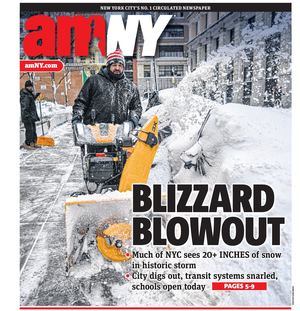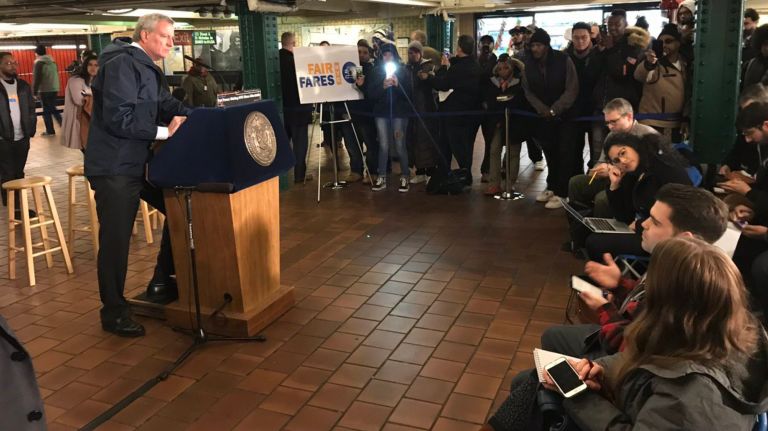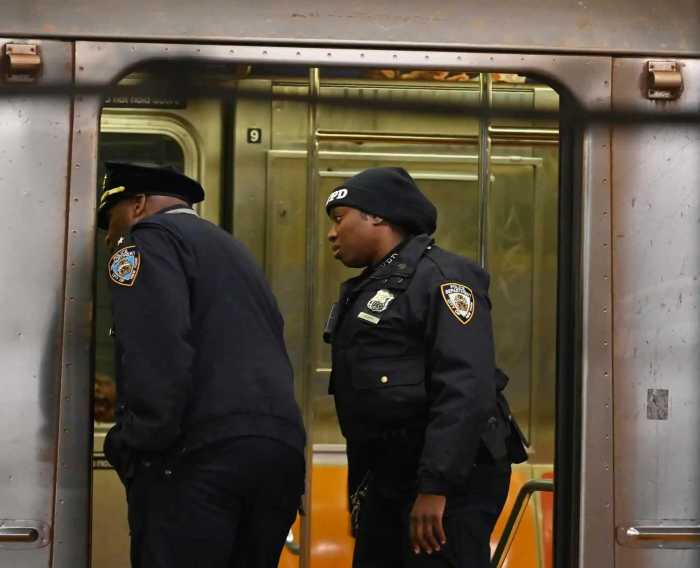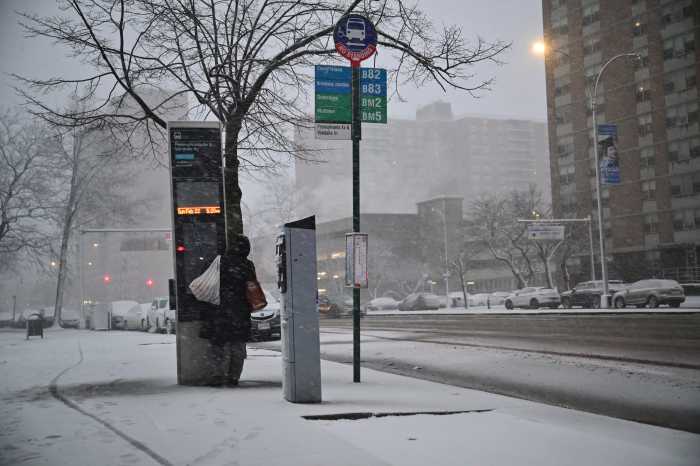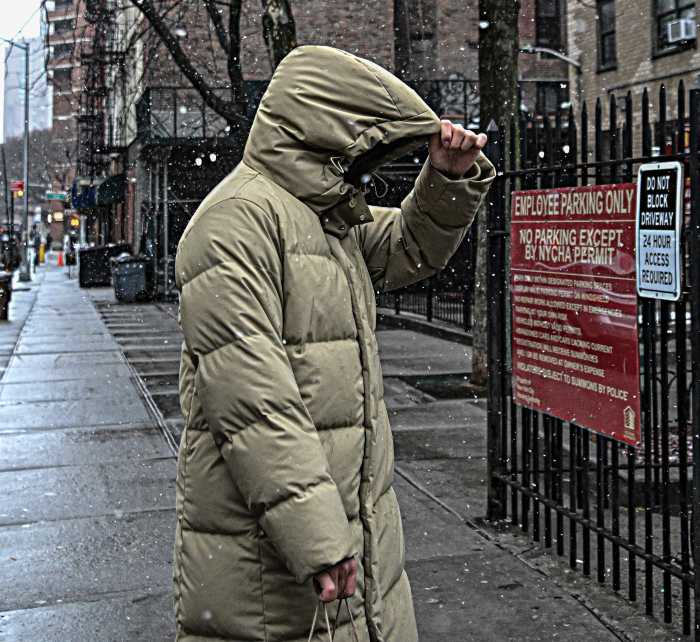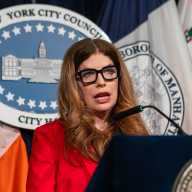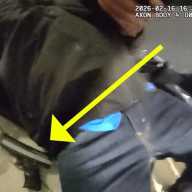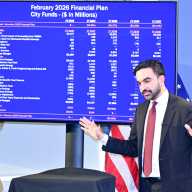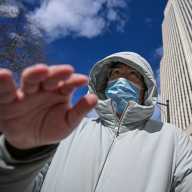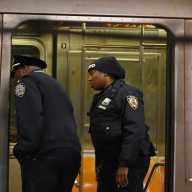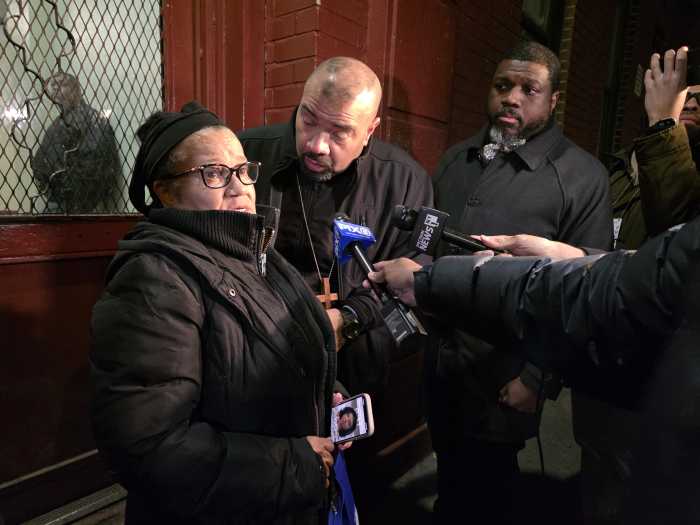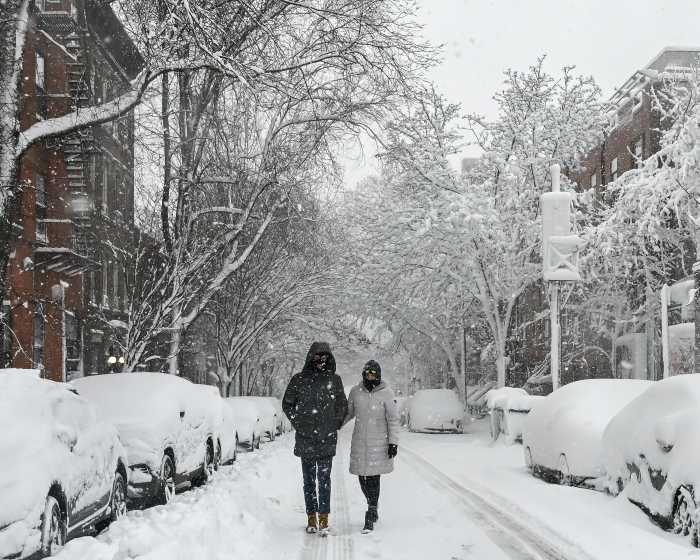
The Fair Fares program to help low-income New Yorkers struggling to afford MetroCards launched on Friday with availability to roll out in phases, Mayor Bill de Blasio said.
The announcement comes several days after the program was expected to start on Jan. 1.
The city began contacting 30,000 qualified, working New Yorkers who receive cash assistance through the city Department of Social Services on Friday to let them know how they can sign up for a half-priced MetroCard. In April, the program will be made available to about 130,000 eligible New Yorkers who receive Supplemental Nutrition Assistance Program benefits.
For its initial launch, the program only offers participants discounted weekly and monthly MetroCards, which can be used on all MTA subways and non-express buses. The de Blasio administration hopes to expand the program to include single swipe MetroCards in April.
How many swipes? pic.twitter.com/dcVr6yGZ1f— Matthew Chayes (@chayesmatthew) January 4, 2019
"This is the beginning of something great. For thousands and thousands of New Yorkers, it means the doors of opportunity will open up," de Blasio said during a news conference at the 125th Street subway station in Manhattan on Friday. "They’re going to have so many ways that they can use this [program] that will change their lives for the better."
While speaking about the program, de Blasio was interrupted by Theo Chino, who said he is running for public advocate and accused the mayor of not doing enough to serve the city’s poor.
"What are you doing for the poor? Why don’t you abolish the fare all together!" Chino shouted as de Blasio continued to speak over him.
The mayor did not address the comments before handing over the microphone to City Council Speaker Corey Johnson, who secured $106 million in the current city budget for the program, while NYPD officers removed Chino from the station. Chino was detained but later freed by officers.
"It has been a long road, but we are here today launching Fair Fares to help the most vulnerable New Yorkers," Johnson said. "Certainly there was a long process . . . I will say, our hearts have been in the right place since Day 1."
The de Blasio administration said it was committed to expanding the program further, but did not provide specific details on when or who would be qualified in the next phase. Once fully rolled out, the program is expected to help about 800,000 people who are living at or below the federal poverty line, as well as those with a household income of about $25,000.
Transit advocates had voiced concerns in December that the program would not begin on time, noting that information regarding how New Yorkers could sign up for the MetroCard discount had not been disseminated by the de Blasio administration in the weeks leading up to the deadline. After the deadline had passed, de Blasio promised more details would unveiled by Friday.
Although de Blasio has always agreed with the concept of Fare Fairs in principle, he had wanted funding for the program to come from the state-run MTA. The mayor reiterated on Friday that he wants lawmakers in Albany to include long-term funding for Fair Fares in the MTA’s budget.
"We all — every straphanger and every New Yorker — need Albany to make a decision about the future of the MTA and the future of our subways and buses by April 1," when the state’s next fiscal year begins, de Blasio said. "In that discussion I think Fair Fares should be part of it. But in the meantime we are going to continue to build and grow this program because we believe in it."
With Matthew Chayes and Vincent Barone
